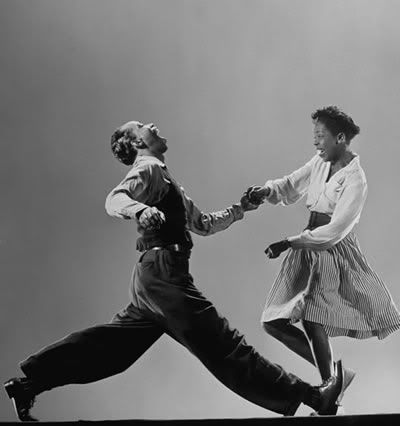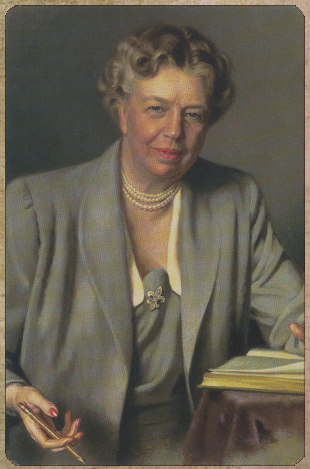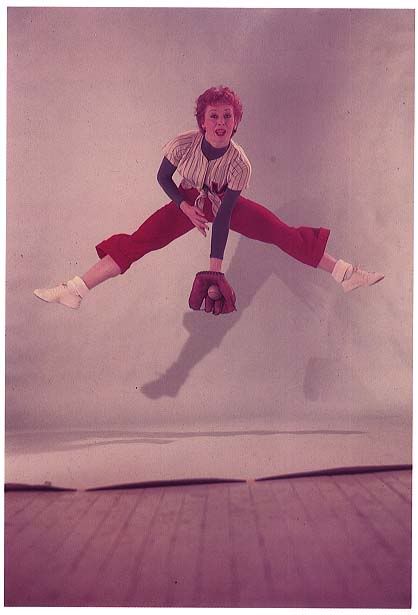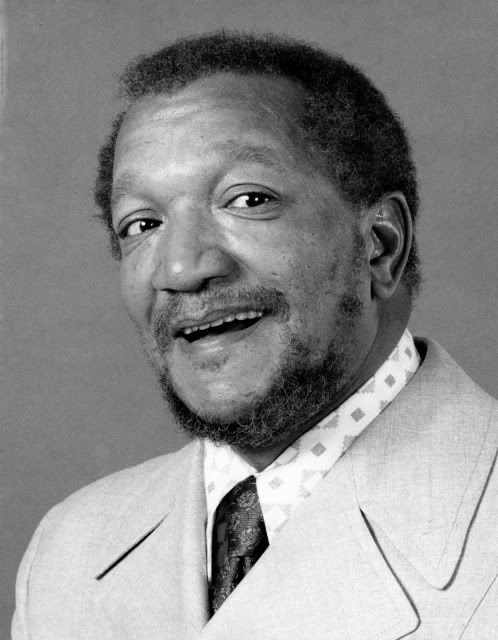Author's posts
Dec 28 2010
Heh
(h/t to Tom Garrett over at Archival Digital Issues.)
Sound familiar?
Karen Koyle sez:
Abstract
There is evidence that many individuals and organizations in the library world do not support the work taking place to develop a next generation of the library cataloging rules. The authors describe the tensions existing between those advocating an incremental change to cataloging process and others who desire a bolder library entry into the digital era.
Introduction
Libraries have lost their place as primary information providers, surpassed by more agile (and in many cases wealthier) purveyors of digital information delivery services. Although libraries still manage materials that are not available elsewhere, the library’s approach to user service and the user interface is not competing successfully against services like Amazon or Google. If libraries are to avoid further marginalization, they need to make a fundamental change in their approach to user services. The library’s signature service, its catalog, uses rules for cataloging that are remnants of a long departed technology: the card catalog. Modifications to the rules, such as those proposed by the Resource Description and Access (RDA) development effort, can only keep us rooted firmly in the 20th, if not the 19th century. A more radical change is required that will contribute to the library of the future, re-imagined and integrated with the chosen workflow of its users.
NYC has a splendid main public library (on 42nd Street) and good-ish branch libraries. But I haven’t noticed any modernization in the past years, in the sense this writer is referring to.
Dec 11 2010
Power to Represent

In his speech yesterday, Bernie Sanders spoke of (and I am paraphrasing here) he spoke of needing his fellow citizens to back him up so that he could represent us.
Representing your constituents is a power in and of itself.
We have certainly seen and felt the power of those who represent the rich and powerful in this country. Their constituents pay a great deal of attention to their representatives.
Our guys? Not so much. And often for very good reason. The dynamic, for one thing, is very different. The rich constituents are used to succeeding, they truly do buy governmental power.
We may convince some reps of our POV, but we usually don’t have the means or sometimes even the skills, to transfer our power as citizens to our representatives in a way they can use to counter the power of the other constituency.
I am speaking literally here. Power is not an abstract thought, it is a real force in this universe, and we all have it whether we abuse it, use it, hide it or throw it away, don’t matter.
Anyway, I give Bernie credit for knowing where his power comes from. He knows it viscerally. There are probably some others in Congress, and in state and local government now who know that the same way.
I am heartened that me and my fellow citizens are now aware, in whatever capacity we have, that this kind of power may take longer to amass, but once people are brought together, the represented supporting and informing the representative, and the representative allowing that power to come forth, to truly represent the former, there is no power that can withstand it.










